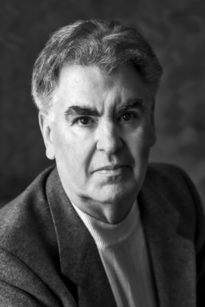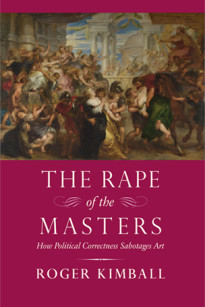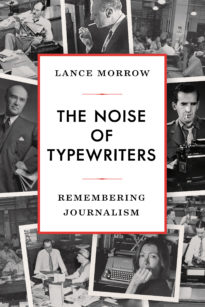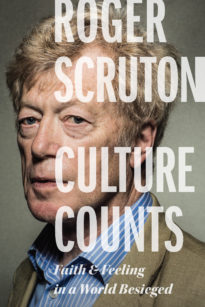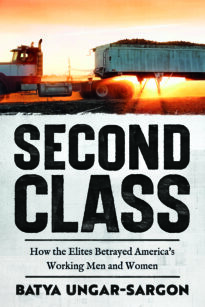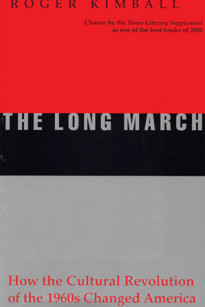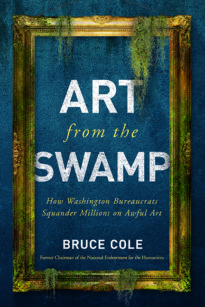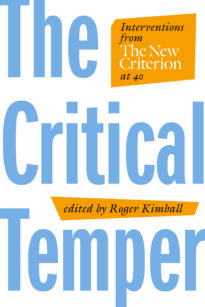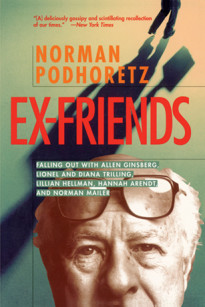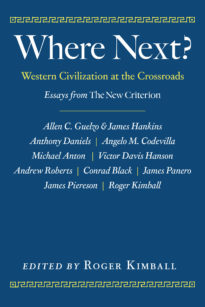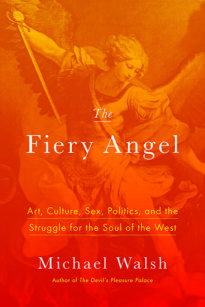In Western Civilization, the arts embody the eternal battle between good and evil, and through understanding the arts, we can address the political issues that plague us. Far from being museum pieces, simple recreation, or tales and artifacts from the past, the arts should be seen at the wellspring of our politics, and in particular in public policy debates. They are actually the reason we have public and foreign policy in the first place. In an age that prizes specialization, it’s a mistake to think of public/foreign policy as a discipline onto itself. The Fiery Angel is a historical survey showing significant ways the arts both reflect and affect the course of history, and outlines the way forward, arguing for the restoration of the Heroic Narrative which forms the basis of all Western cultural and religious traditions.
Free shipping on all orders over $40
The Fiery Angel
Art, Culture, Sex, Politics, and the Struggle for the Soul of the West
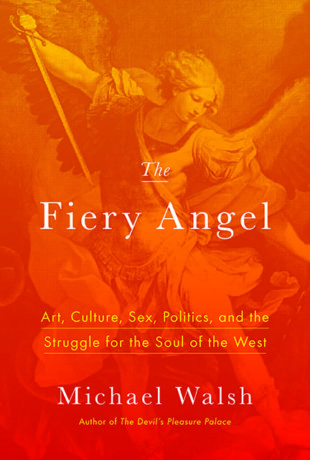
Publication Details
Hardcover / 280 pages
ISBN: 9781594039454
AVAILABLE: 5/8/2018
- Media: Request a Review Copy
- Academia: Request an Exam Copy
About the Author
Michael Walsh is a journalist, author, and screenwriter, whose work includes six novels, seven works of nonfiction, and a hit Disney movie. The former classical music critic of Time magazine, he is now a regular contributor of political and cultural commentary to PJ Media and National Review, and an occasional op-ed columnist for the New York Post.
Excerpt
Since the publication of The Devil’s Pleasure Palace in 2015, the necessity of restoring Western culture to its proper place in our understanding of ourselves has only become more urgent. The prolonged assault on our common culture – European-American, for want of a broader, more inclusive description – has intensified, propelled by a burning hatred for a civilization that extends from the ancient Greeks to modern Americans and has been responsible for most of the world’s artistic, technological, and moral progress for three millennia. Indeed, even to rise to its defense at this imperiled moment has become controversial – a measure of just how deep the animosity in civilization’s enemies runs.
Whence comes this hatred for the West? The simple but sorry answer is: from ourselves – or at least from a significant segment of the population that has fallen under the spell of what I have termed the “satanic,” or cultural-Marxist, Left. Since at least the mid-nineteenth century, Marxists have waged a battle for the soul of the West (for civilizations also have souls, spirits, umbras, penumbras, Zeitgeists) not merely through politics, but through artistic and political philosophy. Sprung from the high brows of Rousseau and Hegel, these demon Athenas were made flesh in the forms of Karl Marx and, later, the Marxist collective known as the Frankfurt School, whose animus toward the West I treated at some length in Devil.
In that book, I undertook to show how the Heroic Narrative lies at the heart of Western civilization, antedating even organized religion as a means of explaining ourselves to ourselves, and forming the foundation of the modern nation-state. The eternal battle between good and evil – symbolized by and given both literary and religious form in the figures of “God” and “Satan” – involves all aspects of the human experience, including our laws, mores, sexual relationships, our interactions with one another, and the body politic itself. It’s a battle that rages still.
As tools of analysis I chose two principal touchstones of our shared artistic heritage, Milton’s Paradise Lost and Goethe’s Faust, and discussed a great many other works (novels, poetry, plays, movies, operas, paintings) along the way in order to illustrate my thesis that the arts most potently embody this struggle, and it is through an understanding of them – an understanding of the human soul – that we can best address the political issues that plague us.
To those who queried whether, in engaging men like Herbert Marcuse, Theodor Adorno, and their colleagues, I was seriously arguing that the writings and teachings of a handful of central-European academics with Dr. Strangelove accents had had a significant effect on both Europe and America, my answer is: yes. “La plus belle des ruses du diable est de vous persuader qu’il n’existe pas,” wrote Charles Baudelaire in his prose poem “The Generous Gambler” (“Le joueur généreux,” in Le spleen de Paris (1862)) – a line better known to the general public from the mouth of Verbal Kint (Kevin Spacey) in Christopher McQuarrie’s script for the 1995 movie The Usual Suspects, when he observes: “The greatest trick the devil ever pulled was convincing the world he didn’t exist.”
Largely through their creation of “Critical Theory,” which posited that everything about Western society must be questioned and, when possible, destroyed, these devils have continued to plague us; their names may be largely unknown, but their influence has been incorporated into just about every “progressive” program, notion, and social-justice act of war against Western civilization and the United States of America we today encounter. Norms are to be overturned, in part because they are norms, and in part because they are, to the Left, manifestly the result of some sort of bigoted plot, hatched as early as the dawn of time, and fiendish in its execution – a plot, in their telling, directed against a persecuted minority of misfits and outliers down through the millennia. In other words, themselves.
